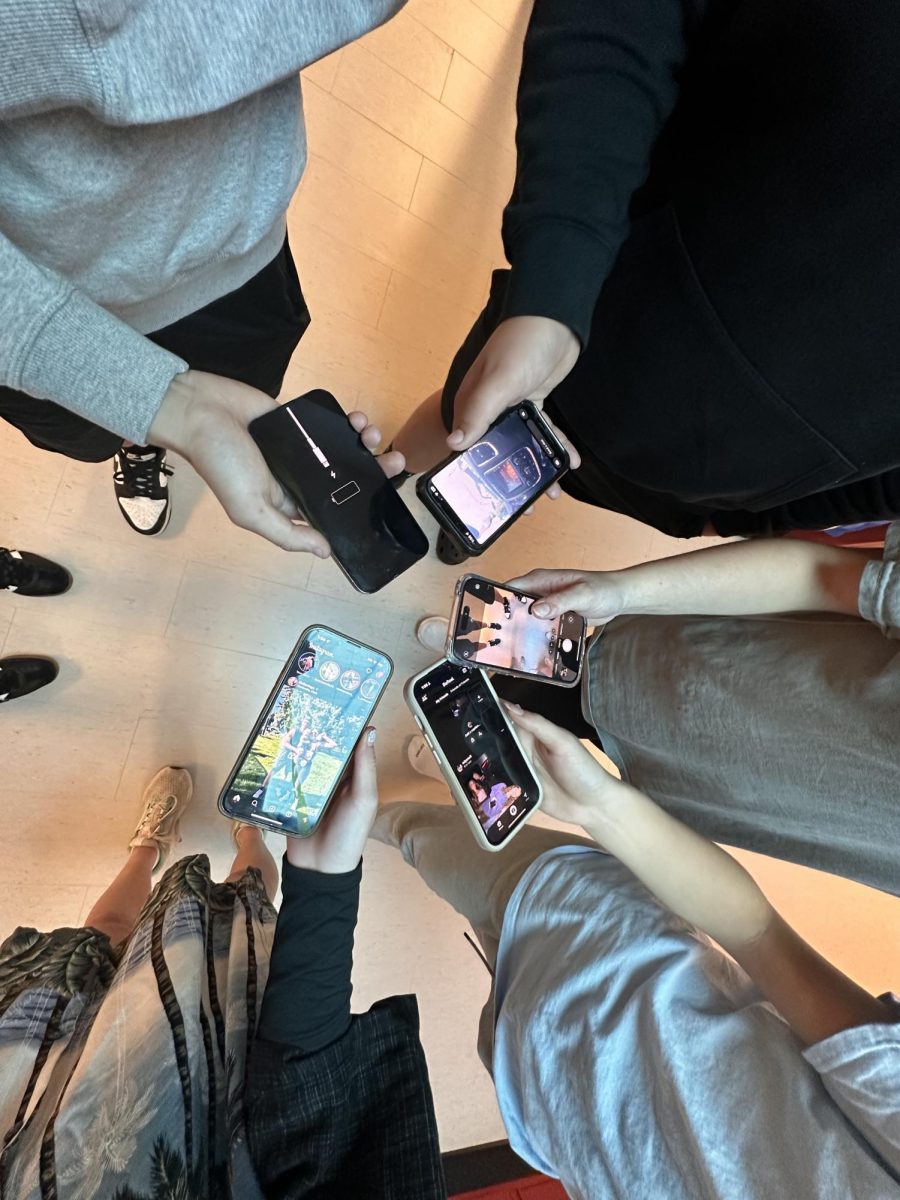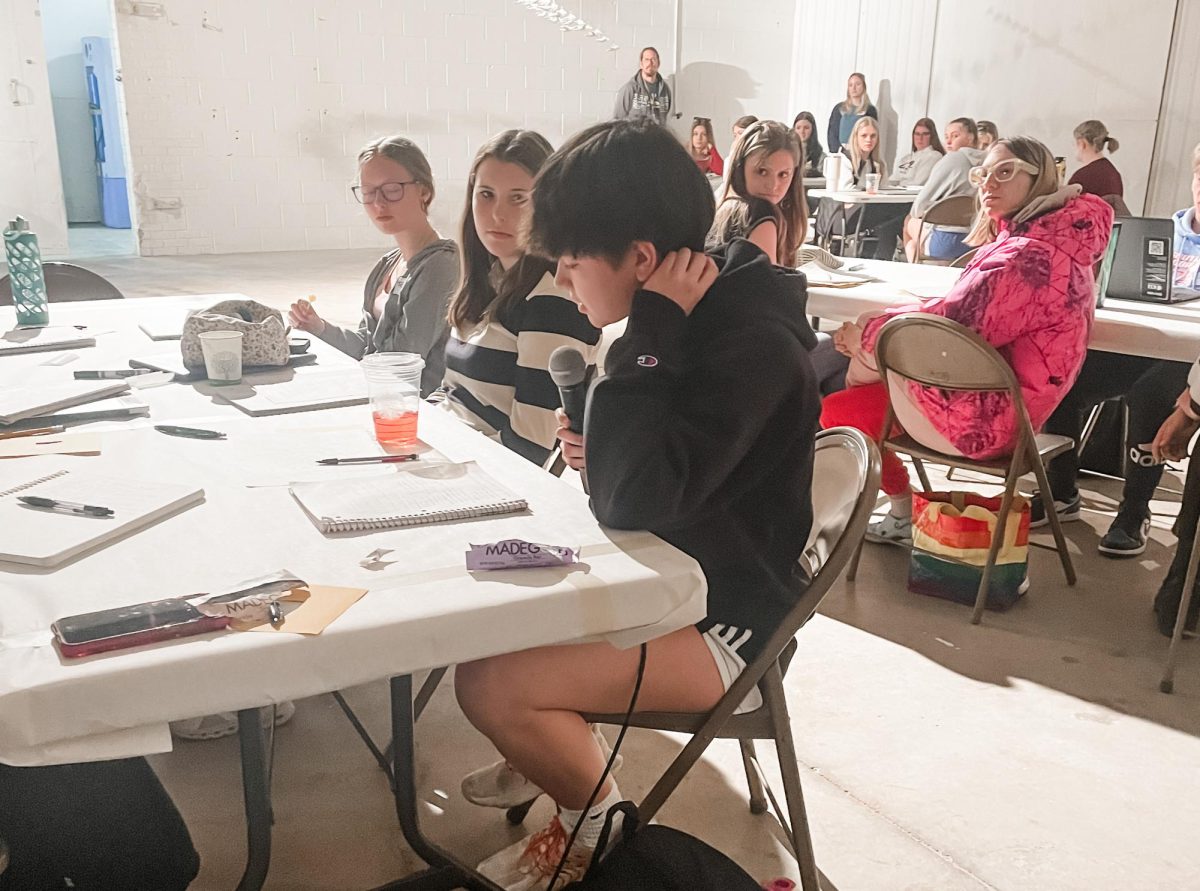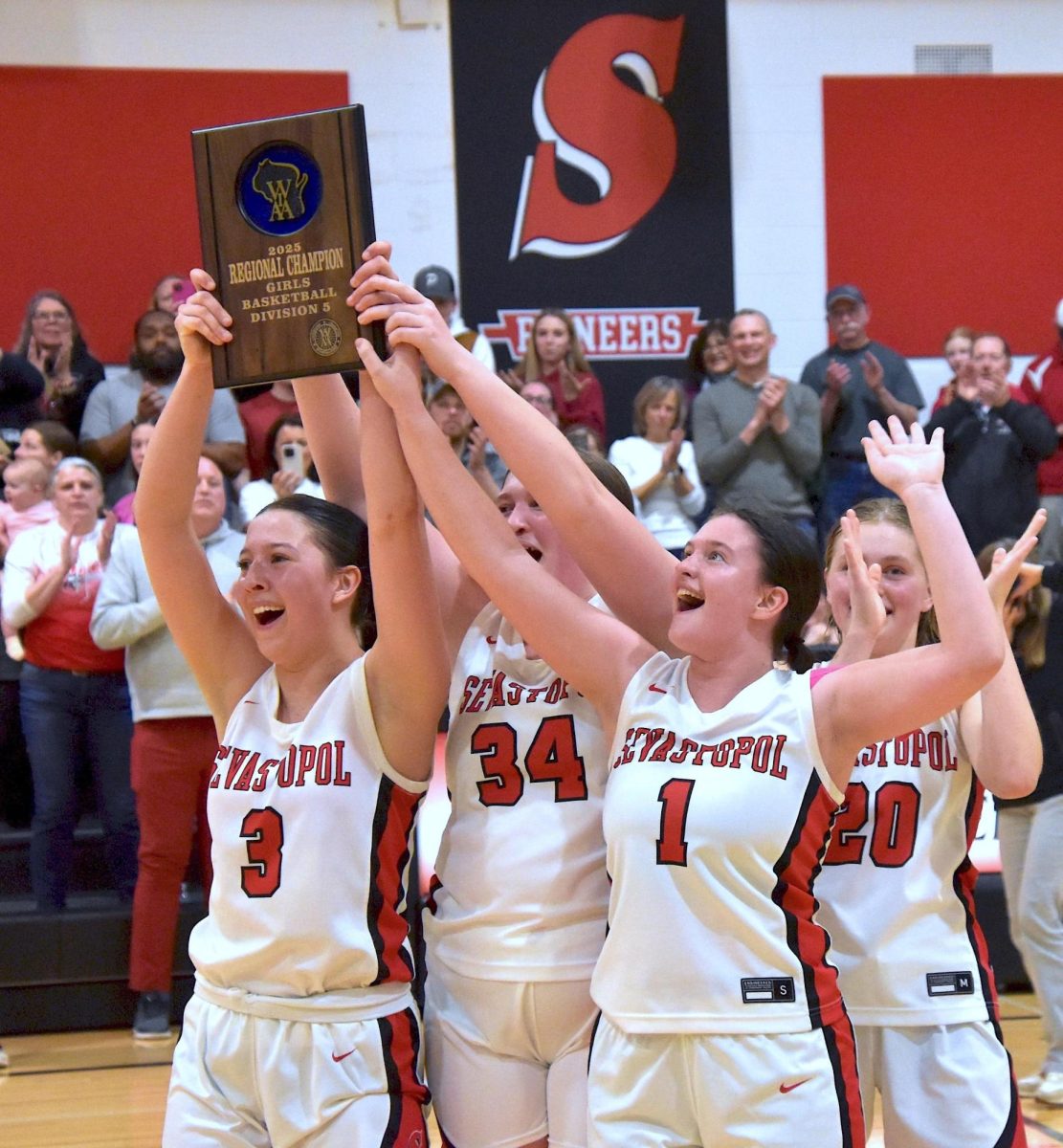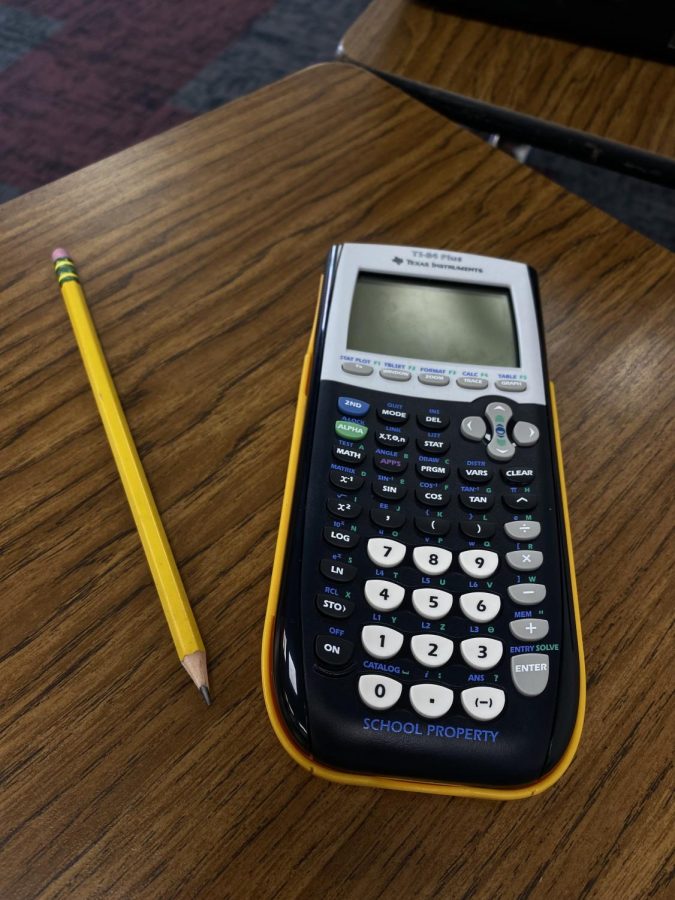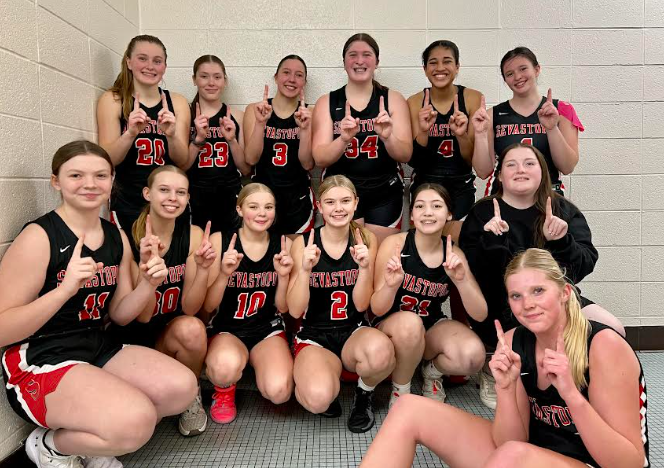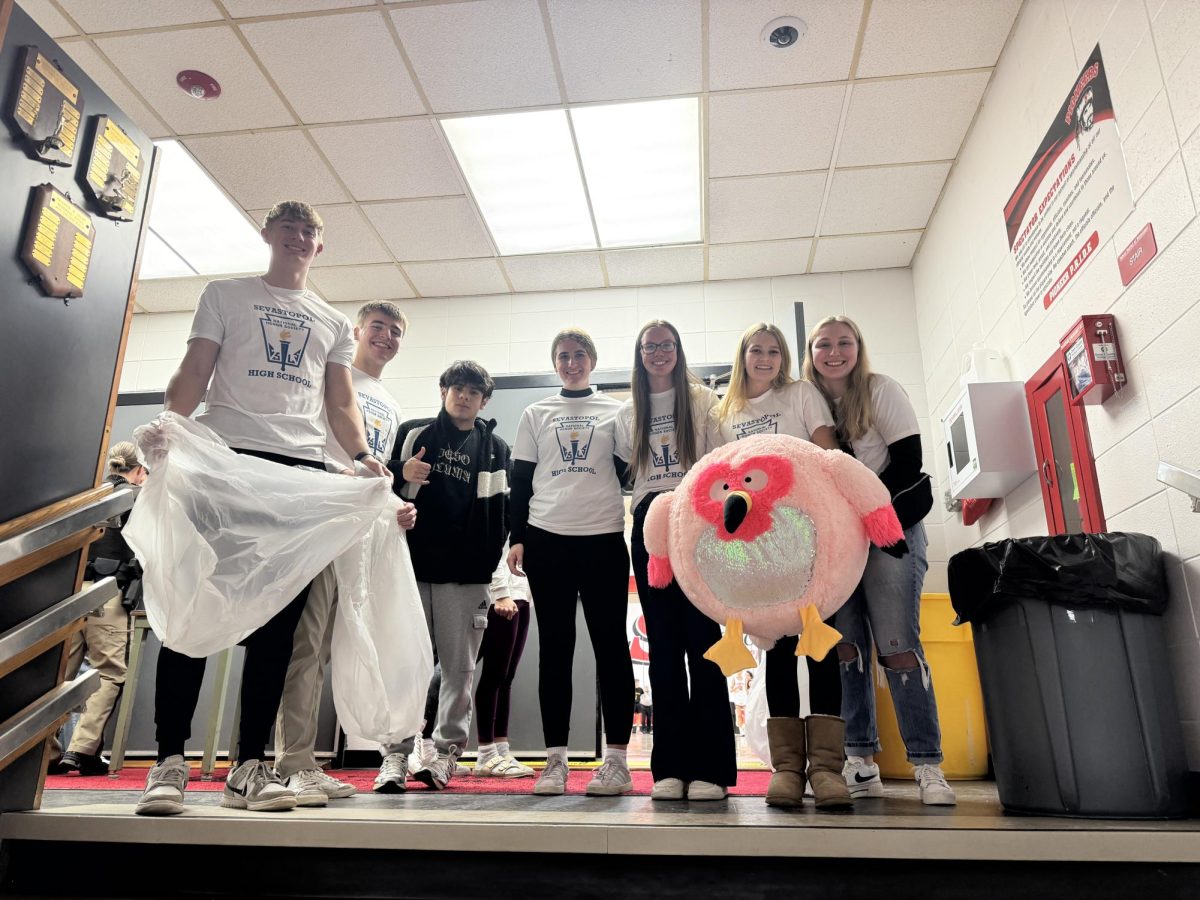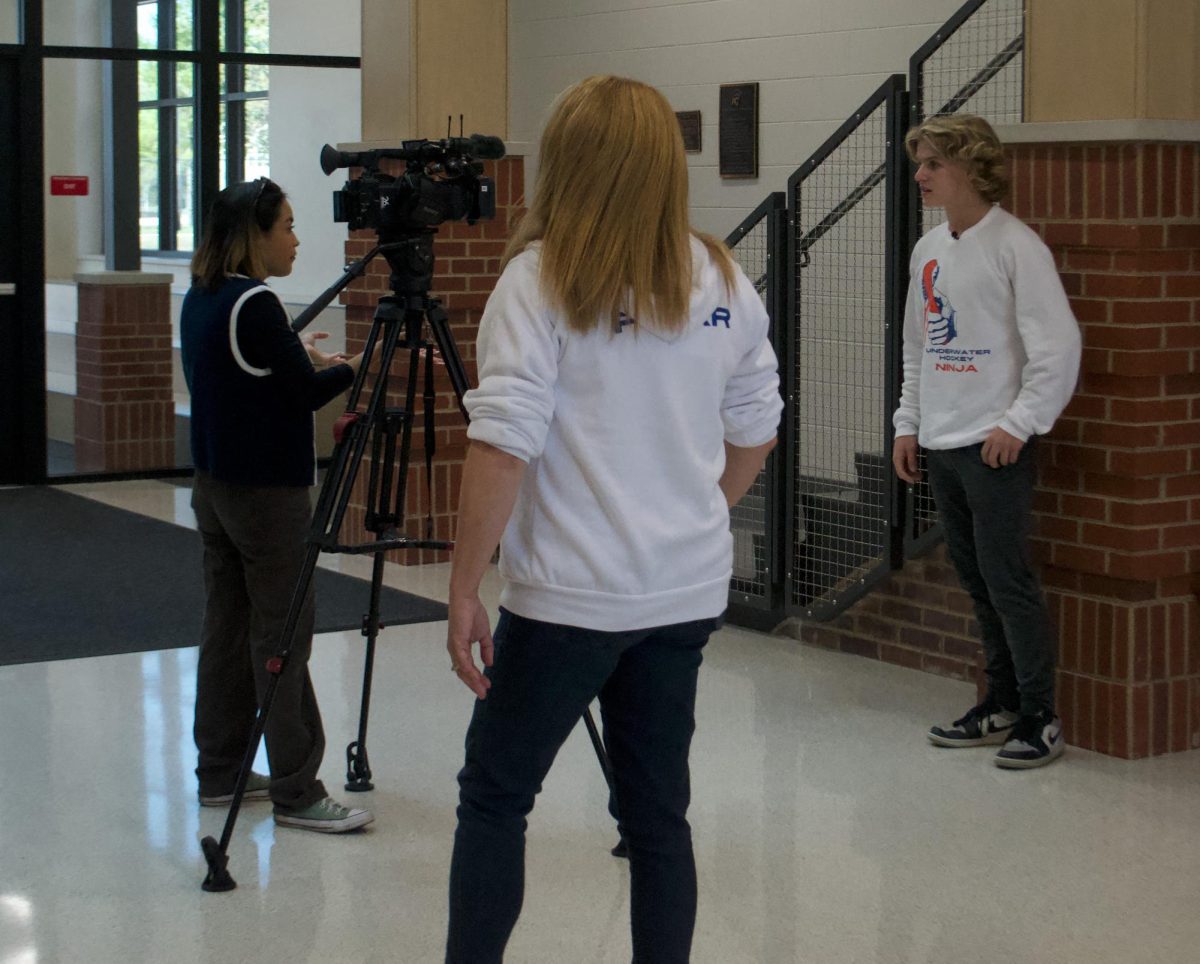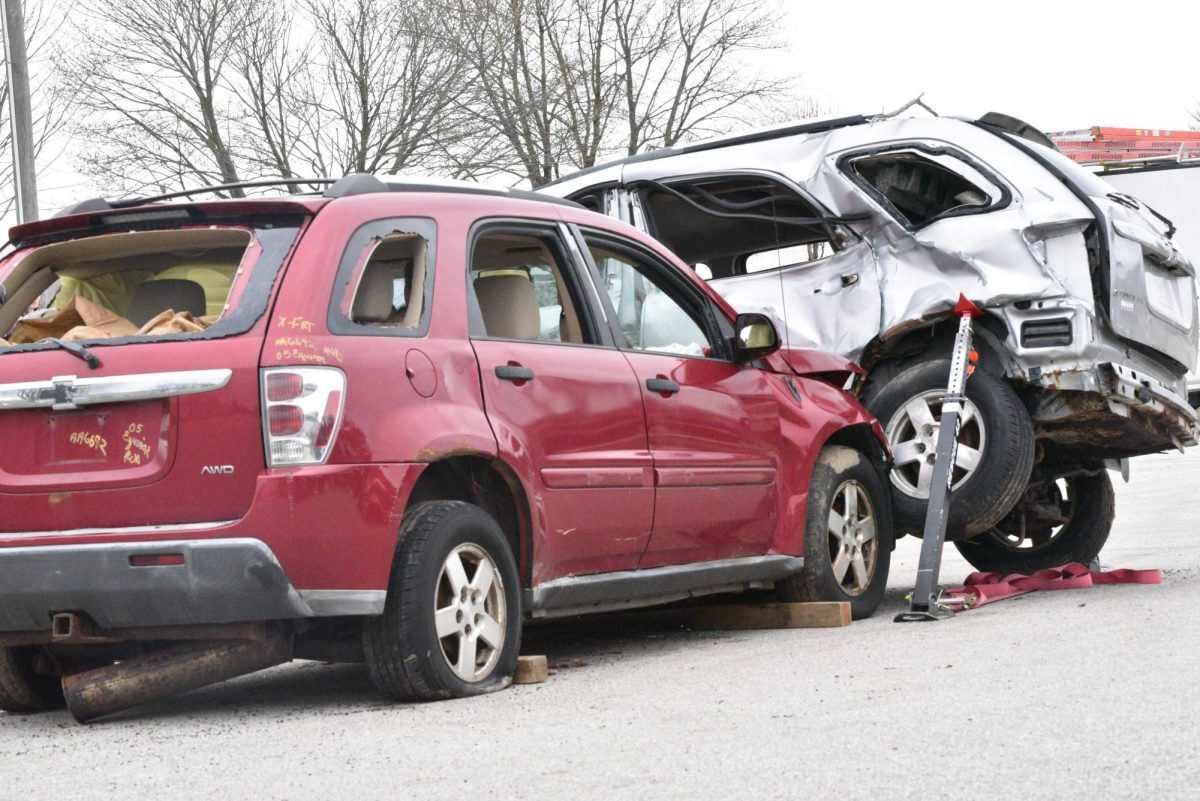Over the summer, the Sevastopol Board of Education tightened the cell phone policy, strengthening the consequences of disobeying the rules. Additionally, the smartwatch policy became stricter.
The most notable change is that students must check their phones in the office daily on the second offense, whereas this used to happen after the third offense.
This change came about because of the increase in the number of infractions last year.
“If we can’t handle a standard, then we have to impose stricter consequences,” high school principal Troy Schaefer said.
The stricter enforcement of the cell phone policy includes smartwatches. Students are not allowed to wear smartwatches anymore. According to Schaefer, the smartwatches were taken away because the students misused them during school hours. This means they were checking notifications and texting during class, essentially using them like a cellphone.
The students, staff, and community have mixed reactions about the policy.
“I think that the phone policy makes kids sneaker and makes them want to have their phone more,” student Savanna Kiehnau said.
Teachers are the primary enforcers of this policy.
“It kinda builds resentment between the students and staff,” Student Charlotte Stuber said.
Sophomore Jaxon Rankin thinks students should be able to have their phones and suffer the consequences.
“If you are on your phone, it’s gonna reflect on your grades anyway,” Rankin said.
Teachers are overwhelmingly in favor of the ban.
“I like our policy, which has no ambiguity, and I think our students get a stronger education because of it,” Teacher Carol Schumacher said.
“It also creates an awesome social environment in the halls and during lunch where students actually talk and laugh with folks and enjoy each other’s company,” teacher Jason Marggaf said. “Not to mention, it puts a dent in the unfortunate prevalence of cyberbullying. Good stuff all the way around.”
Banning cell phones in schools is not unique to Sevastopol. In fact, schools and entire states are working to ban them. In some ways, Sevastopol is ahead of the game, as cell phones have never been allowed. The changes in policies have been more about enforcement and consequences.
Florida, Indiana, South Carolina, and Ohio have banned cell phones during school. Alabama, Arkansas, California, Connecticut, Delaware, Louisiana, Minnesota, Oklahoma, Pennsylvania, Virginia, and Washington are working on a state-wide ban.
Schaefer reiterates that the cell phone policy is about what is in the students’ best interest.
“Once again the rule is not about controlling people, it’s about making the dissension that’s best and creating the best learning environment for all people,” Schaeffer said.




